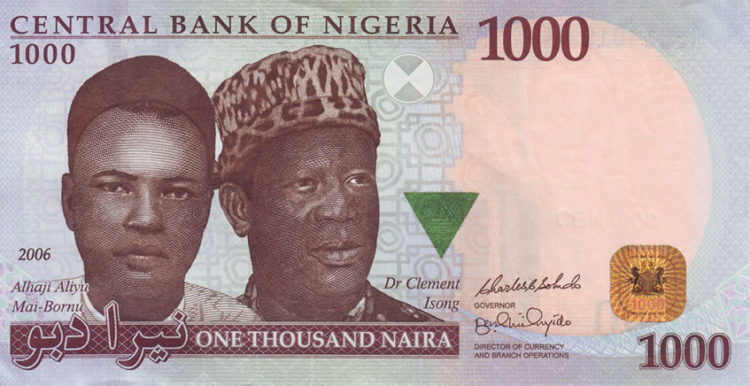BY DELE BALOGUN
Nigeria is facing an impending recession, given plans for greater flexibility into the exchange rate. MPs have summoned the finance minister and central bank (CBN) governor to brief them on new proposals to ease the country’s economic crisis.
The summoning comes barely a month after U.K president declared Nigeria to be ‘fantastically’ corrupt during the visit of President Muhammudu Buhari In London this month.
Fears of the recession comes following the announcement by the central bank to introduce “greater flexibility” into the foreign exchange market, a move which would allow the Naira to devalue. President Muhammadu Buhari opposes the devaluation, though is having an awful time in restoring the benefits of the country’s highly endowed natural resources to the people of Nigeria
The economy shrank in the first quarter of 2016, with the oil-producing nation hit by the fall in commodity prices
CBN governor, Godwin Emefiele warned of Nigeria’s “impending recession” in a promulgating statement about the policy shift on Tuesday.
Maintenance of the bank over some level of control over the currency “for funding critical transactions” is expected, but incertitude in relation to exact changes, persist. Knowledge about the changes remain vague, but is expected to be announced in the next few days.
The Nigerian senate voted on Wednesday to invite Mr Emefiele and Finance Minister Kemi Adeosun for a briefing on “policies adopted to salvage the current economic situation”, although no date was set for their appearance.
The authorities have kept the official rate at around 200 naira to the US dollar, but the black market rate is closer to 450 naira.
In an effort to sustain the policy, the government imposed currency restrictions, and halted the importation of certain goods in order to stop dollars leaving the country.
Some analysts have blamed the policy for causing a shortage in foreign exchange, which in turn prevented fuel importers from buying supplies.
The fuel crisis has eased since the government introduced a range of measures earlier this month, including removing a subsidy and allowing importers to buy US dollars on the black market.












